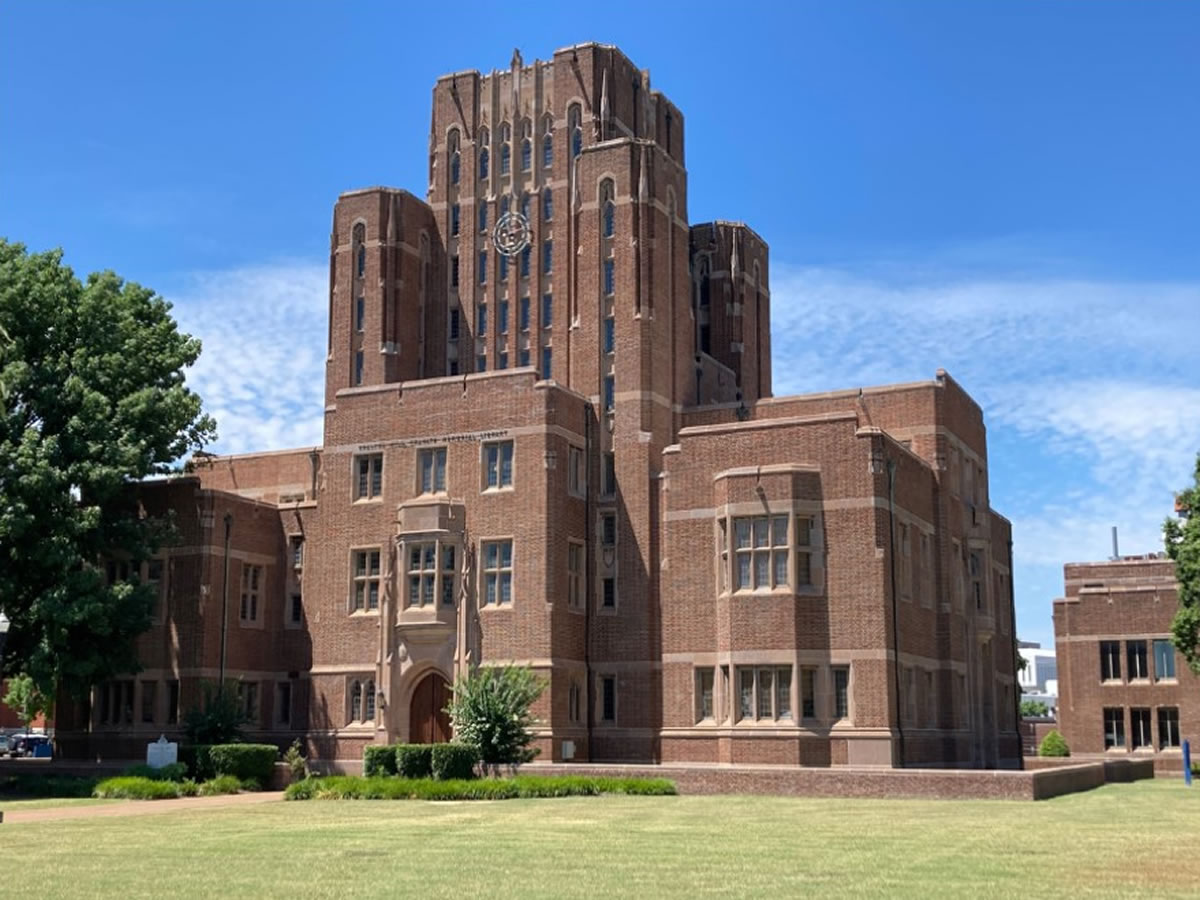
1000 17th Avenue N, Nashville, TN
Conceived in the hopeful aftermath of the Civil War to help satisfy the enormous demand for education on the part of Black Americans, Fisk University opened its doors on January 9, 1866. In subsequent decades Fisk University went on to bequeath to the nation a string of graduates constituting an unremitting procession of African-American firsts, including W.E.B DuBois, sociologist and the first Black recipient of a PhD from Harvard (1896); St. Elmo Brady, the first Black recipient of a PhD in Chemistry (1916); Hettie Love, the first Black female to graduate with an MBA from the University of Pennsylvania’s Wharton School (1947); Mahala Dickerson, the first Black woman attorney admitted to the Alabama State Bar (1948); and Etta Falconer, the first Black woman to earn a PhD in Mathematics (1969). Today, over 1,000 undergraduates and graduate students are enrolled at Fisk University.
And yet while Fisk’s commitment to academic rigor and minority opportunity has never flagged, African-Americans as a whole remain disproportionately poor and suffer from higher rates of violent crime, inferior health outcomes and lower levels of educational attainment than the average American.
Fisk University is keenly aware of these yawning disparities but has been focused until recently on putting its own house in order. Conscientious leadership and hard work in the new century have righted the ship, allowing Fisk to embark upon a bold plan of enrollment growth, career support for its graduates, and unprecedented engagement with its surrounding, deeply disadvantaged community.
Fisk University is planning four projects to grow enrollment and retention, boost career development and embark upon unprecedented engagement with its surrounding, highly-distressed low income community, including the following:
- Academic Excellence & Student Performance Center
- Roland Parrish Career Center
- Hope-Franklin Library
- Driskell House (Social Justice/Race Relations)
In January of 2023, in partnership with Hope Enterprise Corporation and Wells Fargo Bank, Crescent closed on a $7.5M Federal NMTC financing which generate eight new permanent jobs, retain a further eight positions and increase enrollment by an estimated 15%.